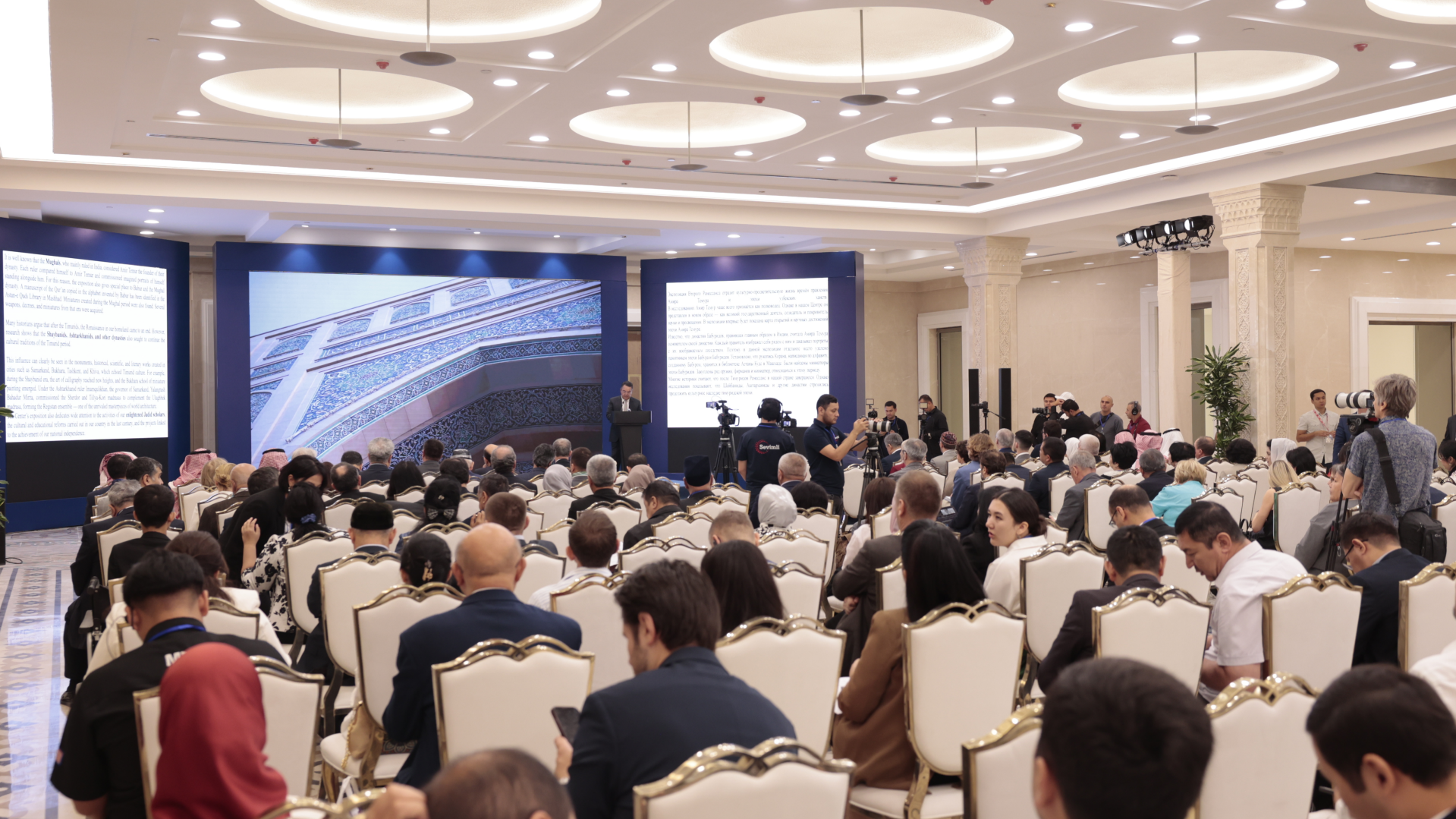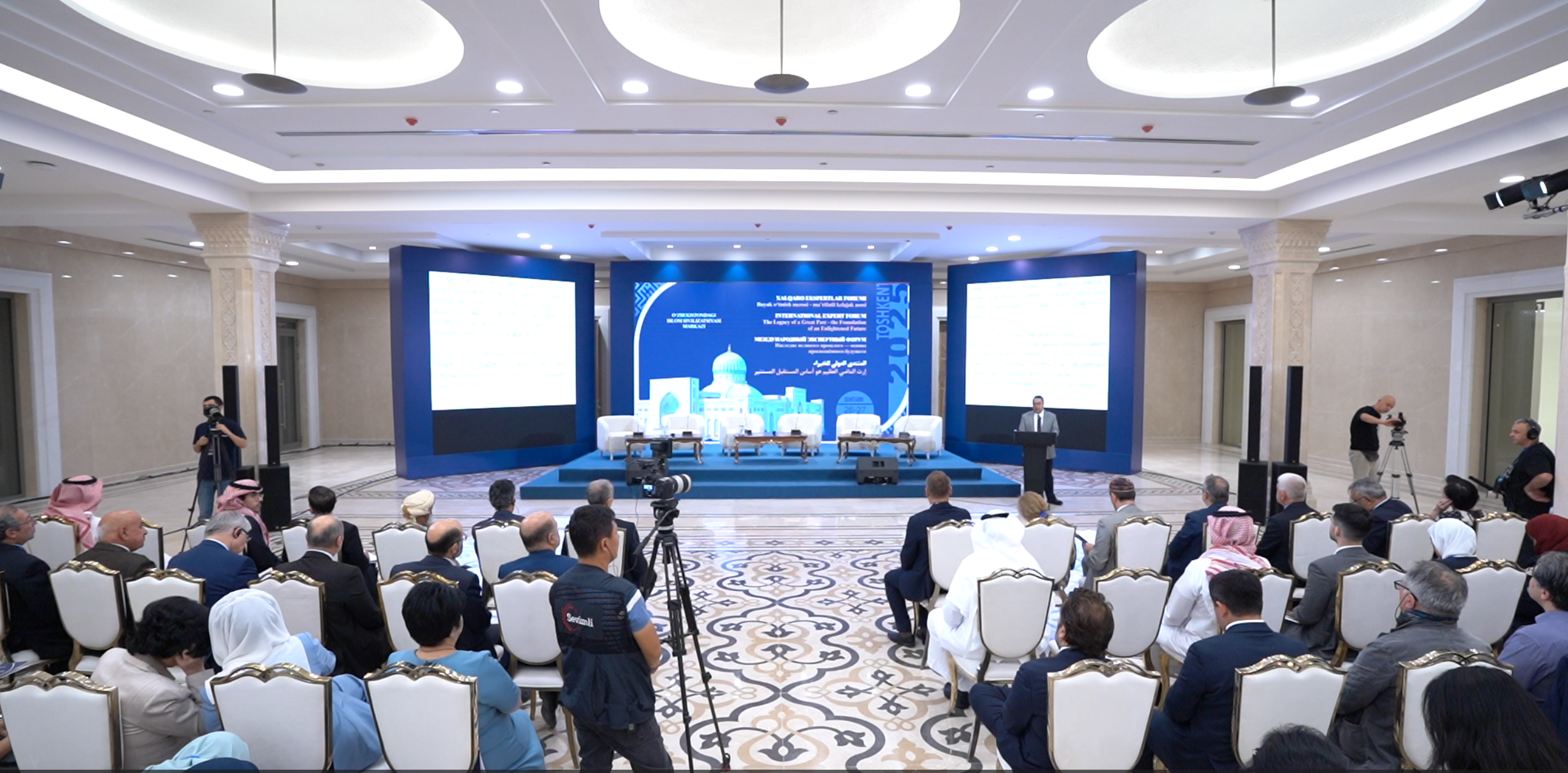“Al-Āthār al-Bāqiyah” – A Memorial Left by Al-Biruni

This work, authored by the great encyclopedic scholar Abu Rayhan al-Biruni (973–1047), recounts the history, languages, cultures, and calendars of ancient Khwarazmian, Persian, Arab, Turkic, Jewish, Indian, Syriac, and other peoples. It also provides valuable information about ancient religions, dynasties, and rulers from various historical periods. The book was written around the year 1000 CE, and several manuscript copies have survived to this day the oldest known one was transcribed in 1220 during the Khwarazmshah era.
Abu Rayhan al-Biruni composed his first major work, Al-Āthār al-Bāqiyah ‘an al-Qurūn al-Khāliyah (“Vestiges of the Past Centuries”), which is regarded as a priceless source in the history of world science. He dedicated it to the ruler known by the honorific title Shams al-Maʿālī, Qabus ibn Vushmgir. Qabus ibn Vushmgir was known among rulers for his knowledge and sense of justice. As governor of Jurjan, Shams al-Maʿālī Qabus ibn Vushmgir provided al-Biruni with shelter and the opportunity to pursue scholarly work, to whom the book was dedicated.

Abu Rayhan al-Biruni wrote the following about the purpose behind composing this work: “One of the scholars asked me to write a book that would clearly explain the histories of different peoples, their origins and branches, that is, their months and years, the disputes among historians of these nations and the reasons behind such disagreements, their famous festivals, the days designated for various occasions and duties, and other customs practiced by some nations but not others. He invited me to present this information as clearly as possible, in a way that the reader would understand without needing to search for various books or inquire about their authors.”
According to al-Biruni, the work was written under the rule of a sovereign who “acted justly toward his people, supported the religion of God and His servants, protected the sacred places of the Muslims, and safeguarded their possessions from looters,” thus earning their gratitude. In Al-Āthār al-Bāqiyah, al-Biruni advocates for an attitude of tolerance toward all religious schools. The book is a historical-ethnographic work that covers the lives of kings and prominent figures and reflects the cultural atmosphere of that era. Its unique value lies in the vivid portrayals it offers of pre-Islamic civilizations.
This work became widely known in Europe under the title Chronology. Al-Biruni completed it in Arabic at the age of 27 in the city of Jurjan, around the year 1000. In this masterpiece, he also includes crucial historical and ethnographic information about the peoples of Khwarazm, Transoxiana, and other regions of Central Asia.
The book discusses the Greeks, Romans, Iranians, Sogdians, Khwarazmians, Harranians, Copts, Christians, Jews, pre-Islamic Arabs, their calendar systems, holidays, and notable dates. It also describes Turkic peoples, including the Oghuz Turks and those living as far as the borders of China, outlining their beliefs, traditions, and festivals. The text contains rich insights into the spiritual lives and histories of many nations.
Al-Biruni’s accounts regarding Sogdiana and Khwarazm are of great significance, as they offer insights into the history, religion, customs, ethics, and traditions of various peoples. Through his scholarly analysis, he demonstrated the unique contributions of each nation to the progress of human civilization.
According to the scholar, the Sogdians celebrated Nowruz on the first day of the month of Mowsat. He also specifically noted that among the Khwarazmians, the New Year (Nowruz) was marked at the beginning of the month of Nawsarji.
In this work, al-Biruni provides detailed information on Zoroastrian festival calendars, various public celebrations, and traditional customs material that undoubtedly warrants dedicated scholarly research.
In his time, this rare work received high praise from scholars such as S.P. Tolstov, who wrote: “One of the earliest works by al-Biruni that has survived to our time is Al-Āthār al-Bāqiyah, which recounts the calendar systems of the world’s peoples. This book, which attests to the Khwarazmian scholar’s extraordinary breadth of knowledge, is a true treasure containing information on the cultures, philosophies, astronomy, and religions of various nations”.

Thus, the rich ethnographic data found in Abu Rayhan al-Biruni’s work Vestiges of the Past Centuries a monumental scholar and a leading figure of the first Renaissance era in Central Asia who made significant contributions to the advancement of world civilization through his groundbreaking scientific discoveries stands as one of the most valuable and rare sources for conducting deeper, more comprehensive academic research into the history, origins (ethnogenesis), ethnic development, and ethnoculture of the Uzbek people.
Durdona Rasulova
P.S. The article may be used provided that a link to the official website of the Center is included.
Most read

Over 100 experts from more than 20 countries of the world are in Tashkent!

President of Serbia Aleksandar Vučić visited the Islamic Civilization Center in Uzbekistan

The Center for Islamic Civilization – a global platform leading towards enlightenment











